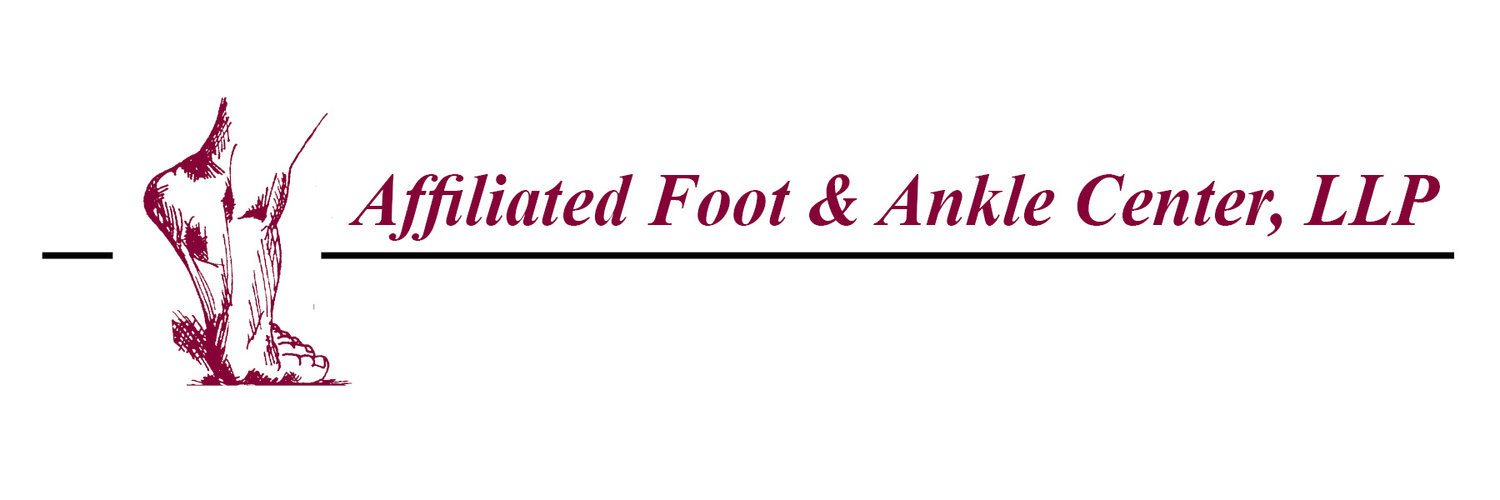Problems with This Tendon Are No Myth
/What’s the longest tendon in your body? Here’s a hint: it connects your calf muscle to your heel. Need another hint? It shares its name with a Greek god.
If you guessed the Achilles tendon, you’re correct. According to myth, the mother of Achilles wanted to shield him from harm. She did so by holding his baby body by the heel and dipping him into the magical waters of the river Styx. But since her hand was covering his heel, it remained vulnerable to attack. This ancient myth explains why we describe our own weaknesses as our “Achilles heel.”
In these modern times, our Achilles tendon is vulnerable to two kinds of attacks:
Inflammation - Repeated actions like running and playing soccer, especially if performed in shoes that are old and worn, can cause Achilles tendinitis - inflammation of the tendon. Increasing your running mileage or playing basketball for twice as long as you’re used to can also aggravate the Achilles tendon. Symptoms of Achilles tendinitis include pain, tenderness, and stiffness in the area above the heel.
Rupture - If you have severe pain or swelling in the area of your Achilles tendon, you may have ruptured it. Overuse injuries like the ones described above can cause a rupture, but so can sudden stops like those typical in the game of tennis. It’s not uncommon for our patients here at Affiliated Foot & Ankle Center to say that they could hear the tendon “pop” or “snap.”
Problems with the Achilles tendon are more likely if you start out with certain biomechanical issues like flat feet or tight calf muscles. Males tend to rupture the Achilles tendon more often than females. Being overweight is another risk factor for Achilles problems, because of the added pressure. Age is a factor as well; the tendon can weaken as you get older.
How to treat Achilles problems
An inflamed Achilles tendon can respond well to rest, icing, and anti-inflammatory medications. Severe pain or pain that doesn’t subside after a few days requires a doctor’s care, including the possibility of surgery. For Achilles tendon issues and all injuries of the feet and ankles, visit Monmouth County board-certified podiatrists Dr. Samantha Boyd, Dr. Hal Ornstein, Dr. Dan Phan, and Dr. Joseph Saka in Howell and Jackson, New Jersey. Contact us by phone at (732) 905-1110 or make an appointment online.


